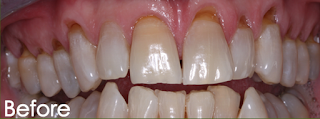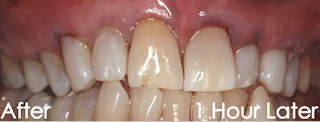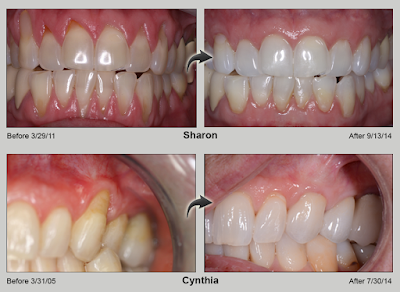All are dentists who specialize in oral care, and all are technically dentists.
Orthodontists complete an additional two – three years of training in orthodontics, above and beyond general dentistry
Periodontists complete and additional two – three years training to specialize in all areas of general dentistry for children
All orthodontists are dentists, but only 10 percent of dentists are orthodontists. Orthodontists limit their practice to moving teeth and correcting jaw irregularities
Dentists and Periodontists refer their patients to an orthodontist if they have problems with the alignment of their teeth or a bite abnormality of some kind. The same as a physician would refer you to a cardiologist or orthopedists if you had heart or skeletal issues.
It is important to understand the differences in treatment delivery and care! At Lubbock Periodontics all we specialize in periodontics, all day long, day in a day out, with thousands of beautiful smiles to testify over the years. For further questions, or to schedule an appointment, contact our office at (806) 794-8365.












